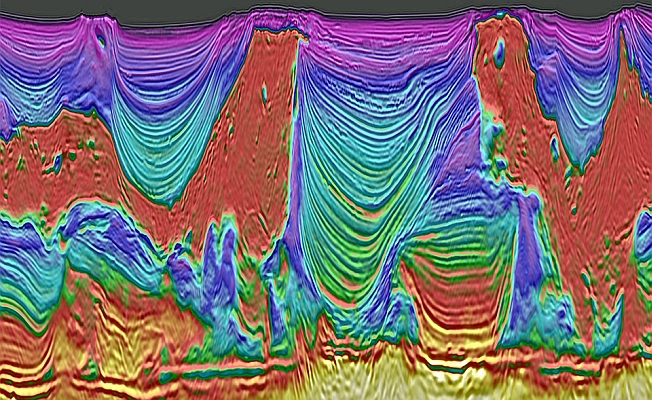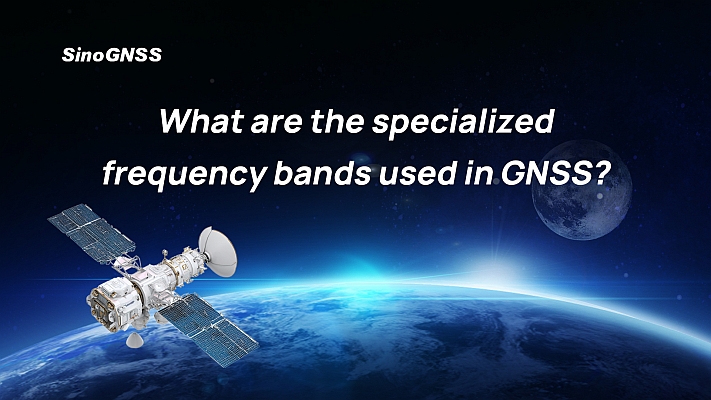The Board of Directors of the Open Geospatial Consortium (OGC) has chartered a committee of the Board to specifically address the "spatial law and policy issues" which will influence development requirements of the Consortium’s technology process.
The Spatial Law and Policy Committee (SLPC) will be chaired by OGC director and Executive Committee member, Kevin Pomfret, and will be organized under board leadership as an educational forum to include both select member and community participation.
In the past, legal issues associated with spatial data and technology were primarily a concern for lawyers that worked with or for the government. Now, both public sector and private sector users and providers of geospatial data and technologies face a wide range of legal issues associated with growth in consumer and business applications for spatial technology. Such applications include Earth browsers, satellite navigation devices in cars and PDA’s, location-based services associated with cell phones, business intelligence, social networking and satellite tracking of vehicles and equipment.
All of these applications raise issues that involve intellectual property rights, liability, privacy, and national
security. In many cases, the existing legal and policy framework is inadequate to provide governments, businesses and consumers clear guidance on these issues.
The SLPC, in particular, will provide an open forum for OGC members’ legal and policy advisors to discuss the unique legal and policy issues associated with spatial data and technology. The Committee will also work with relevant legal groups, such as the ABA, to raise awareness of these issues within the broader legal community.
The SLPC will not provide legal advice to the OGC or its Members and will not take a position on any legal or policy matter on behalf of the OGC or its membership. It will rather focus on clarification of the legal and policy environment of the Consortium and work to ensure that Consortium standards reflect related best practices and the societal requirements that shape institutional uptake of interoperable geoprocessing.
For more information, please visit www.opengeospatial.org






